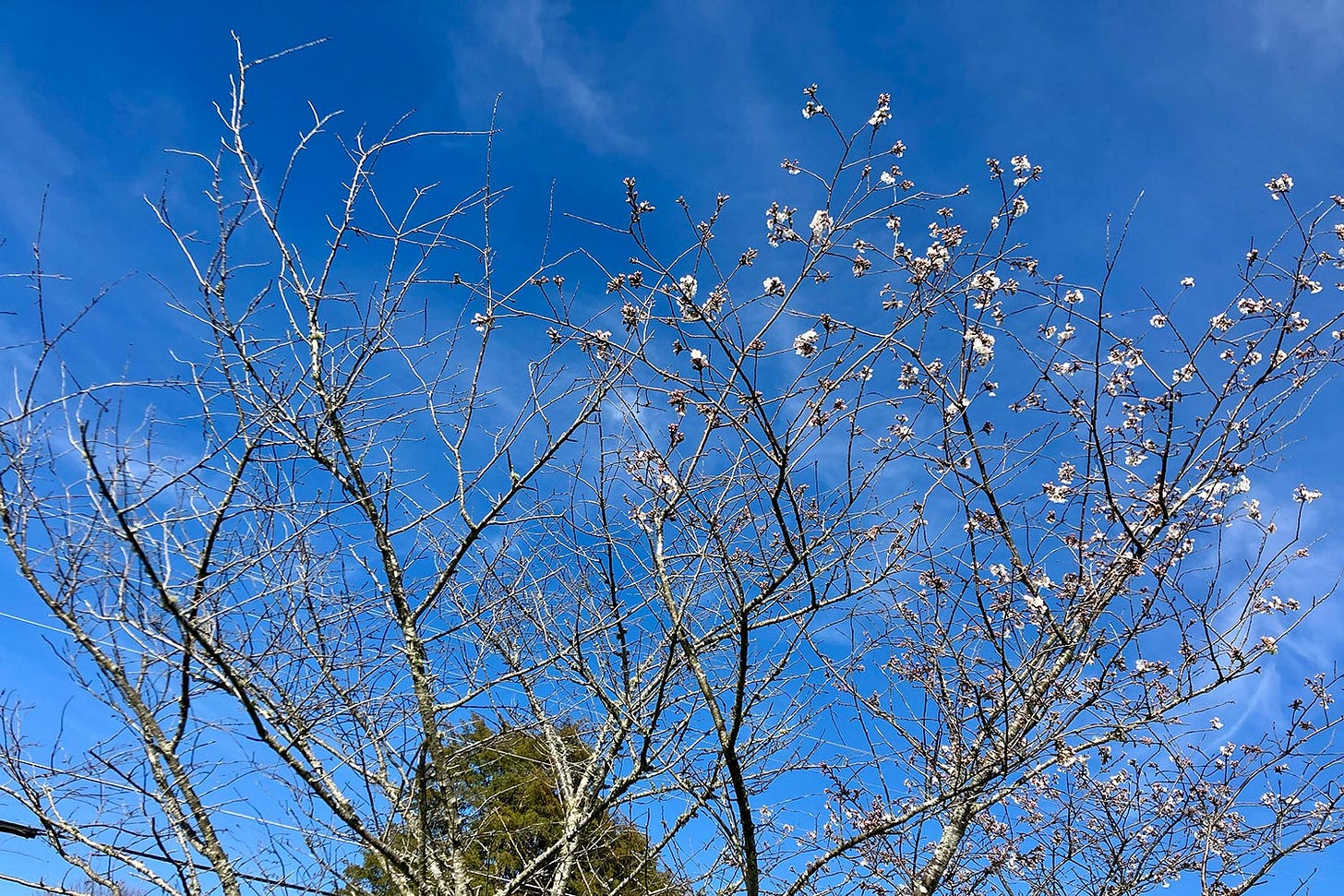Today, I’ve made my weekly paid dispatch available to all subscribers. If you wish to access all my work, past, present, and future, …
Keep reading with a 7-day free trial
Subscribe to Storytime with Big Head to keep reading this post and get 7 days of free access to the full post archives.



